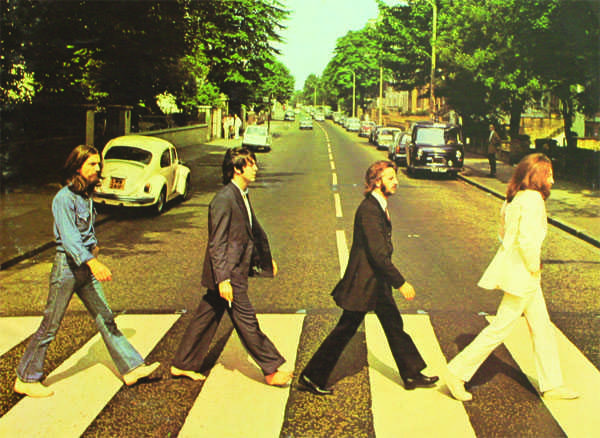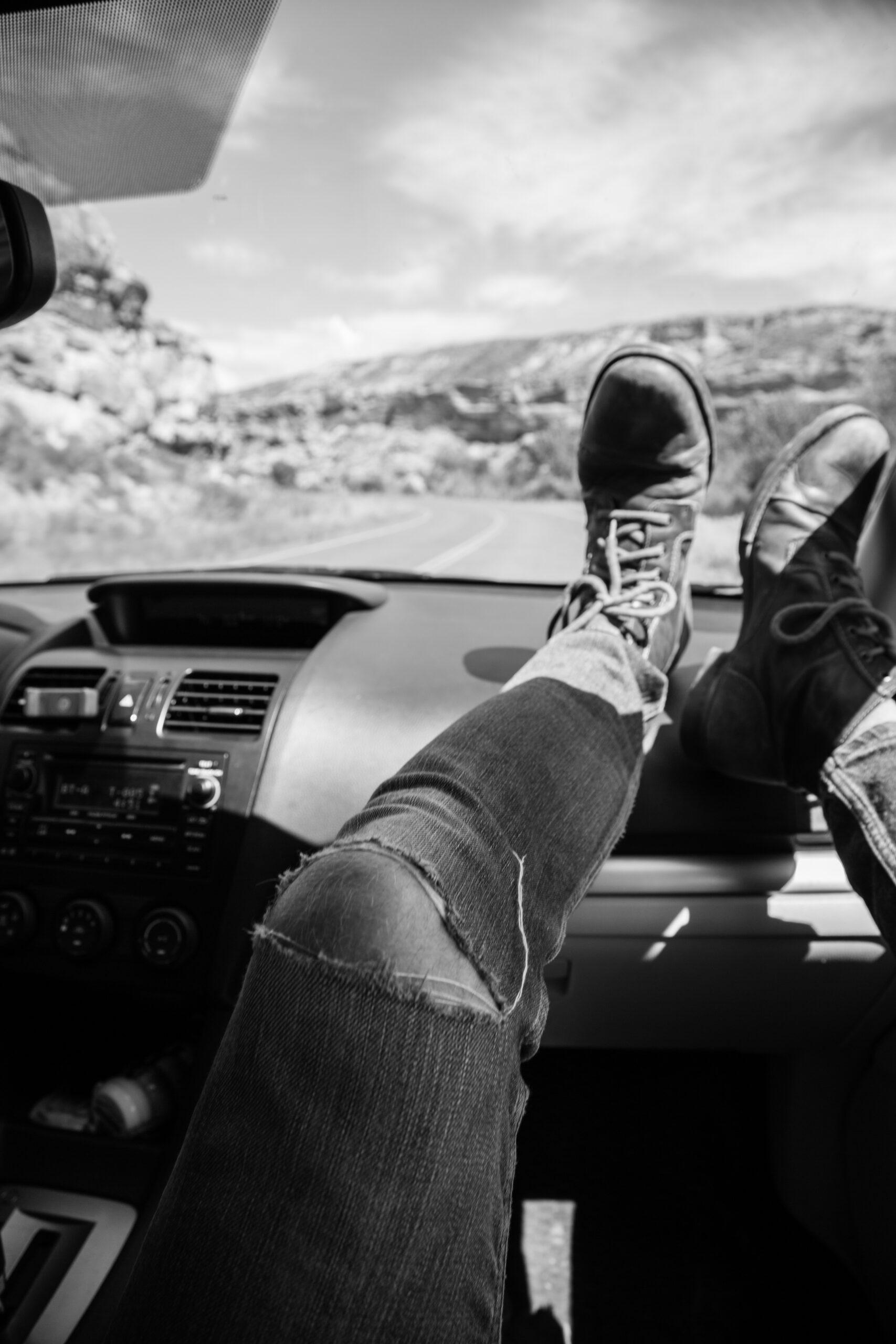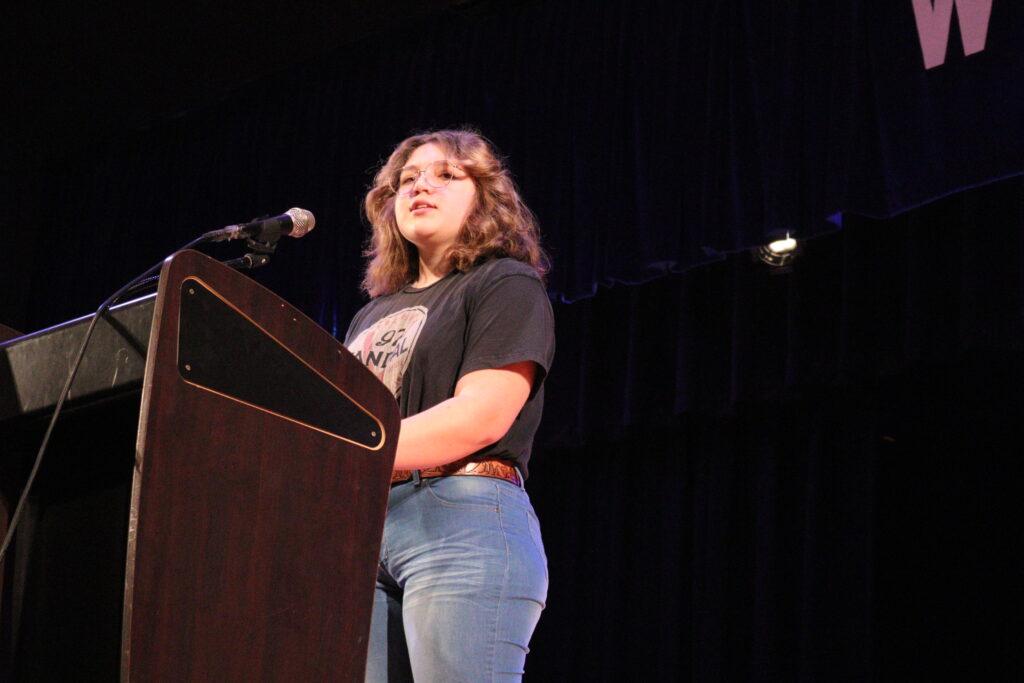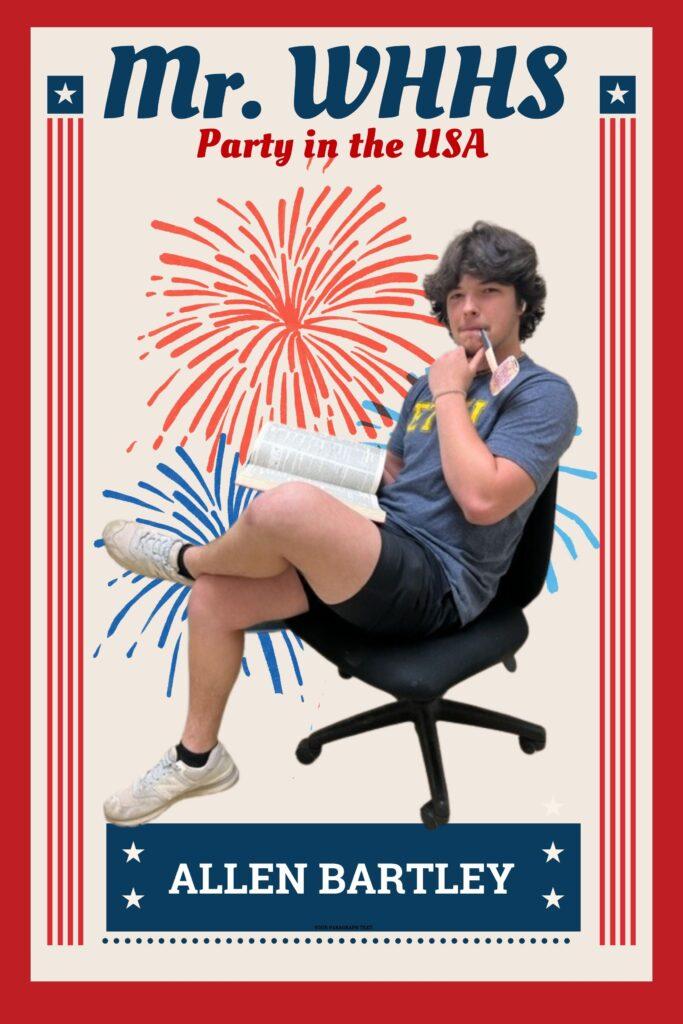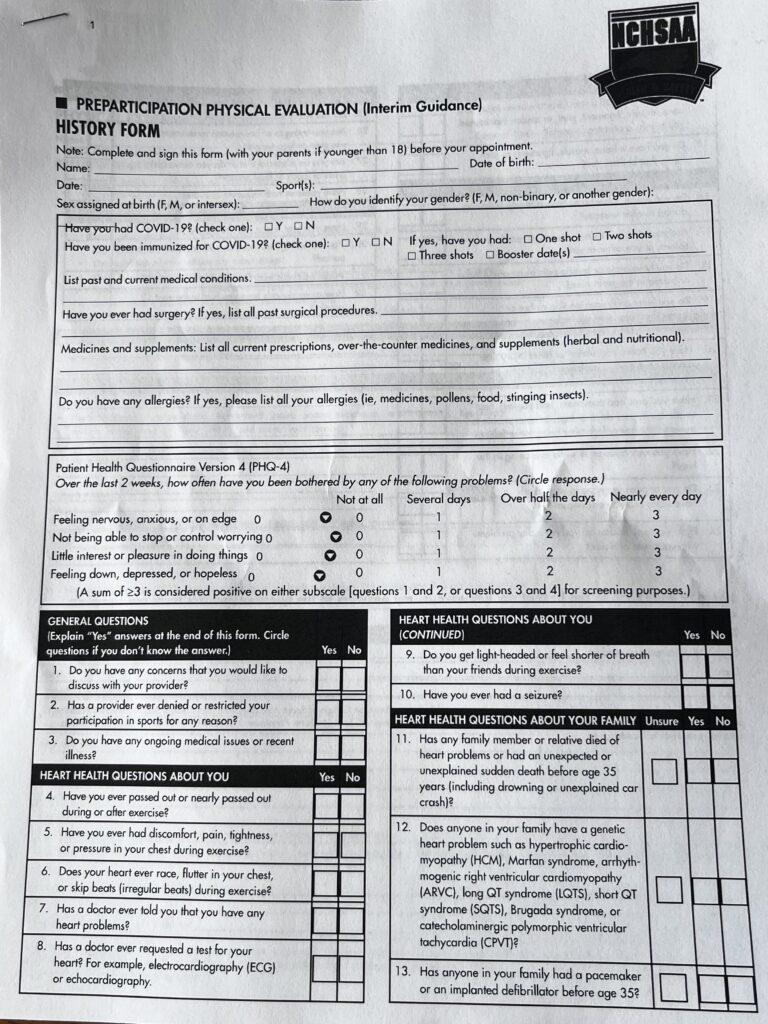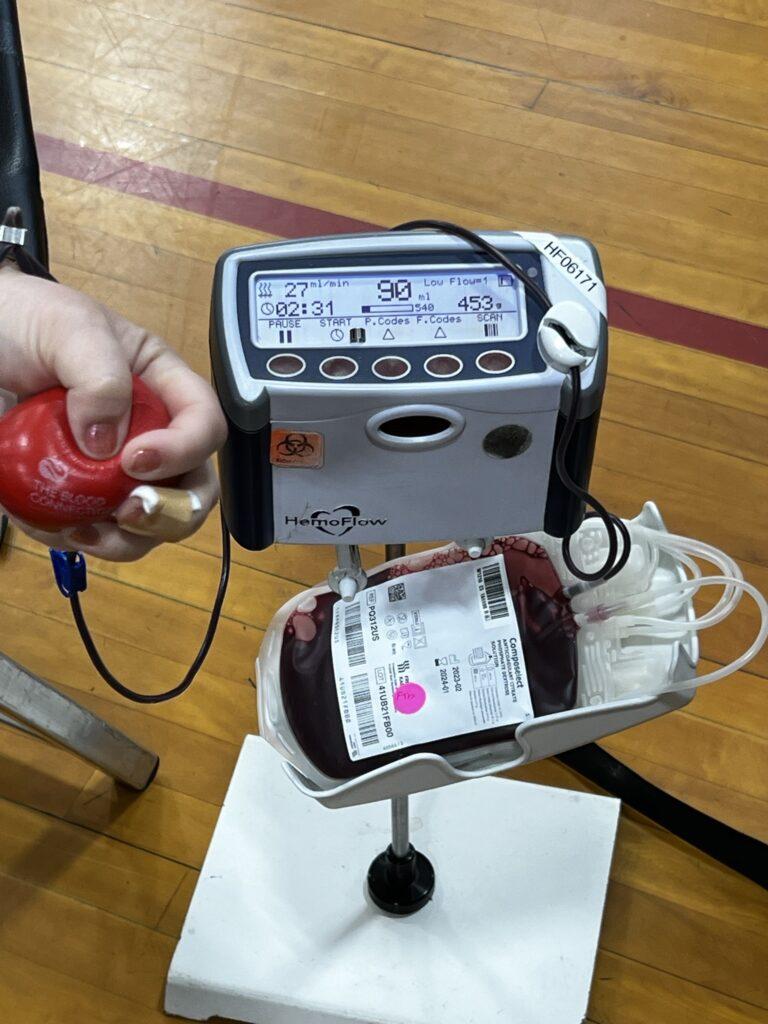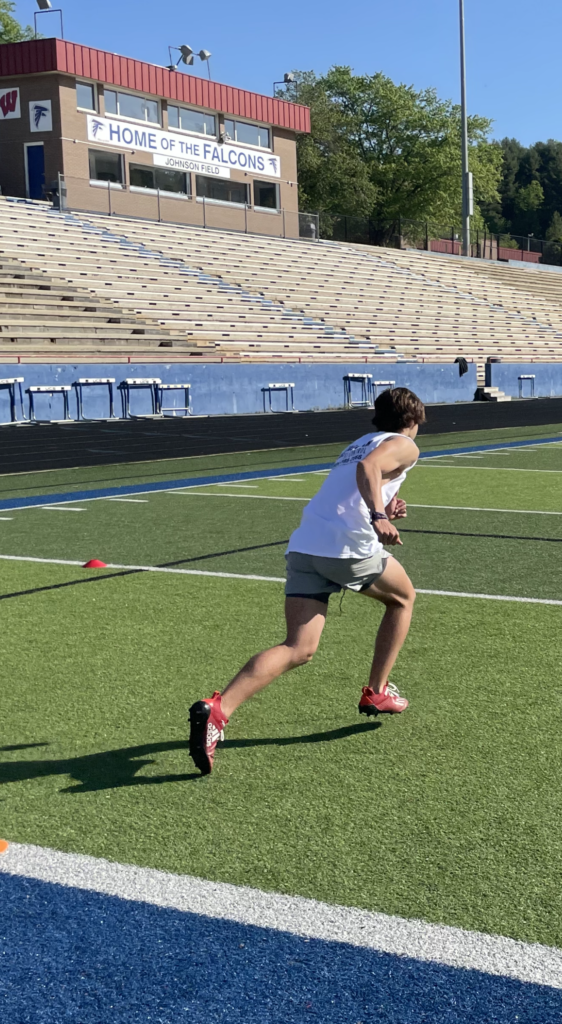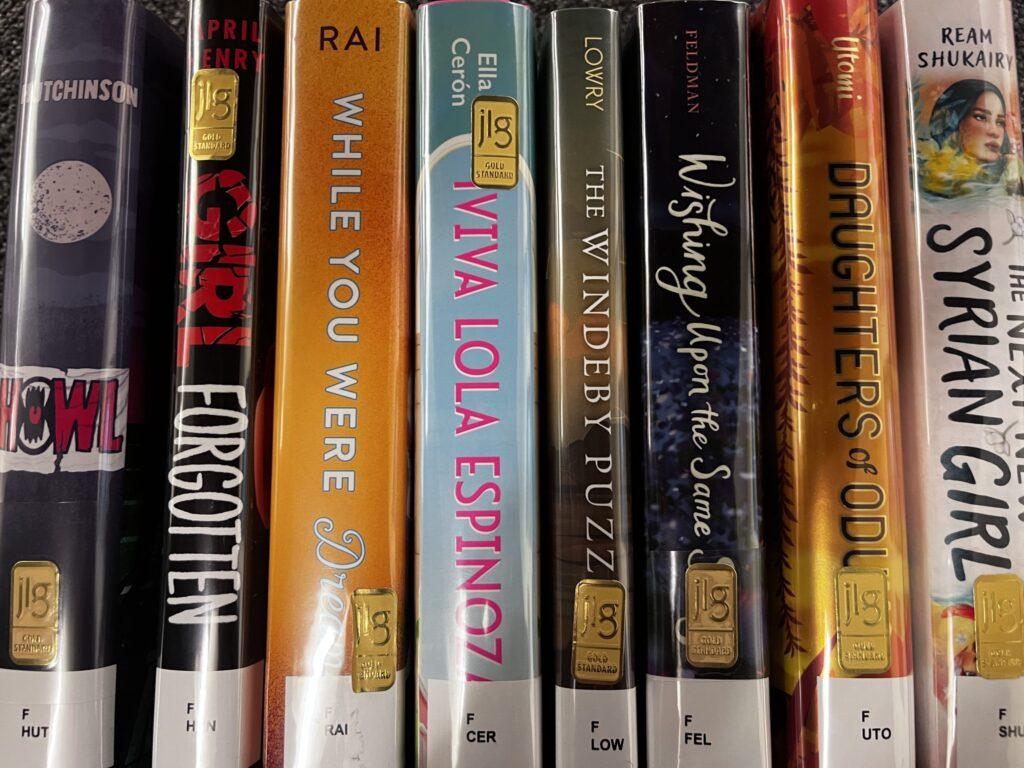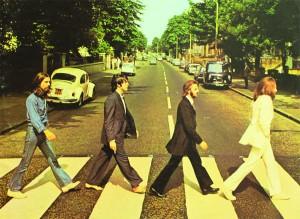 As teenage girls shrieked, Paul, John, George and Ringo stepped onto the stage of the Ed Sullivan Show — Feb. 23, 1964. The floppy-haired British youth, known as The Beatles, opened their performance with “All My Loving” as 70 million Americans watched on small black and white televisions.
As teenage girls shrieked, Paul, John, George and Ringo stepped onto the stage of the Ed Sullivan Show — Feb. 23, 1964. The floppy-haired British youth, known as The Beatles, opened their performance with “All My Loving” as 70 million Americans watched on small black and white televisions.
It was this moment, 50 years ago, which marked the beginning of “Beatlemania” — a movement that revolutionized pop music.
Self-described “audiophile” and media specialist Tom King explained that artists such as Elvis Presley and Chuck Berry “opened the door” for The Beatles. Presley’s sexually suggestive dancing and Berry’s rhythmic blues, began to move music from the conservative 1950s to the more permissive 1960s.
“A few years ago I started listening to The Beatles, and I realized just how great their music is,” freshman Carolina Herrera said. “Compared to the music nowadays, they sing about genuine love. Their harmonies are flawless.”
More liberal attitudes carried into the music itself, with bass and rhythm guitars, occasional keyboard piano and a real trap-set drummer. To accompany the melodic beat, the band spoke out against political and religious injustices through now famous lyrics. Songs such as “Give Peace a Chance” and “All You Need Is Love” spurred cultural and political upheaval, motivating young people to oppose the Vietnam War.
“The Beatles spurred peaceful protests by virtue of what was most elemental in their music. Their stuff was steeped in love, even the songs that were produced during their drug culture music. ‘Lucy in the Sky with Diamonds’ was all about peaceful existence,” King said. “Also, teenagers were tired of ‘the man’ thumbing them down with rules. Most teenagers were tired of adults telling them what to do.”
Though the Beatles may not still have this presence in politics, their musical legacy lives on. Students at West find songs such as “Revolution,” “Imagine” and “The Continuing Story of Bungalow Bill” slipping into their iTunes libraries.
“I became interested in The Beatles in eighth grade while watching Paul McCartney’s ‘Good Evening New York City’ concert. I loved it,” senior Samantha Watkins said. “I now have all of their songs and vinyls.”
In 1964, The Beatles greeted 3,000 fans at the Plaza Hotel in Manhattan, beginning their American tour. After 50 years, it is evident the four caused an irreversible shift in music.
“You can see kids wearing Beatles shirts simply because the older people of their families turned them onto the music,” King said. “It stands the test of time. It’s universal.”
By Erin Gromelski
Q&A with media specialist Tom King
Q: When you started getting into music, did you enjoy The Beatles?
A: I’m an audiophile. I love music. I listen to more music than I watch television, and The Beatles are who I cut my teeth on. I’m from Ohio, and Cleveland is the home of the Rock & Roll Hall of Fame. It is all rock and roll up there. So, yeah, I love The Beatles.
Q: What attracted you to The Beatles initially?
A: Certainly the popularity of the early pop sound, but when you get into some of their deeper stuff, you understand that the song writing is really profound. It’s really seminal. Most parents back then just thought it was long-haired guys that girls really loved, and they were afraid of them. But man, they were geniuses.
Q: Why do you think they became so popular in America?
A: I think we were ready for it, right? Back in that era, we had Elvis Presley, who was breaking out and becoming one of the first people on
television to show some sexuality when he danced and things like that. That stuff was
taboo because back in the 1950s people were openly conservative. So when The Beatles came over, they were exploring the rooms which artists like Elvis and Chuck Barry had opened the doors to. With the music before there wasn’t anything to really make you stomp your feet, but that came along with the Beatles. They wore their hair long — what? Long hair? People love new trends. Just look at Lady Gaga and what a nut ball she is. So many people like her because she is different.
Q: What is your opinion about the different eras of The Beatles’ music?
A: Well, there were definitely different styles. Paul wrote many of the lyrics before “Revolver,” and John did most of the stuff after. They did a lot of drugs. John did a lot of acid. His music echoed that. I really loved both aspects, though. It’s like saying which is your favorite hand, your left or your right? I like both, they’re just different.
Q: What are your thoughts on the whole “Paul is dead” conspiracy?
A: It’s silly. No, I don’t believe that because I can listen to Paul singing before “Paul was dead” and after it supposedly happened. It’s obviously the same guy. I think that most real fans of The Beatles just think that the conspiracy is dumb.

